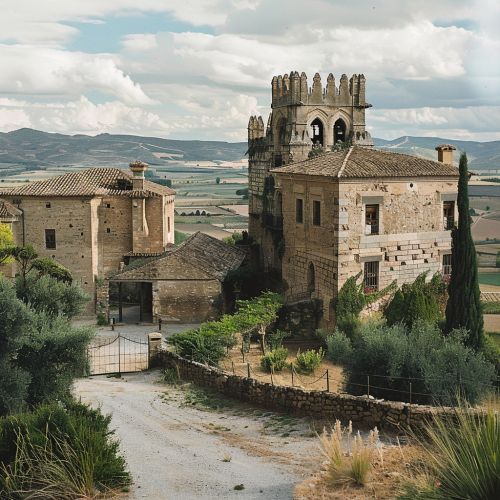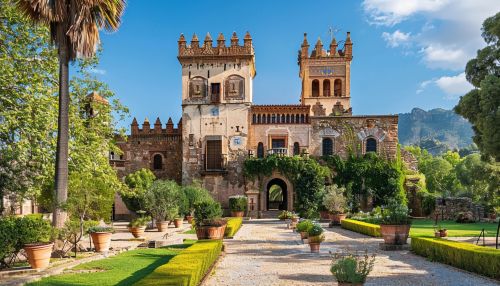Ignatius of Loyola
Early Life
Ignatius of Loyola was born in 1491 in the Basque region of Spain, in a place called Loyola. He was the youngest of thirteen children in a noble and wealthy family. His mother died when he was seven, and he was then raised by Maria de Garin, a local woman who was likely the wife of a blacksmith. Ignatius was baptized Íñigo, after a local saint, but later in life he changed his name to Ignatius, probably after Saint Ignatius of Antioch.


As a young man, Ignatius was drawn to the chivalric ideals of the time. He dreamed of gaining honor and glory through military exploits and romantic adventures. At the age of seventeen, he became a page in the service of a relative, Juan Velázquez de Cuéllar, treasurer (contador mayor) of the kingdom of Castile.
Military Career and Conversion
In 1517, Ignatius became a soldier and fought against the French in several battles. However, his military career was cut short in 1521 when he was severely wounded in the Battle of Pamplona. A cannonball shattered his right leg, and he was carried back to his father's castle in Loyola to recover.
During his convalescence, Ignatius underwent a profound spiritual conversion. Deprived of his usual pastimes, he began to read religious books, including a life of Christ and a collection of saints' lives. As he read these books, he began to feel a deep desire to imitate the deeds of the saints.
This spiritual transformation marked the beginning of Ignatius's new life. He decided to abandon his former military and worldly ambitions, and instead dedicated himself to the service of God.
Spiritual Exercises
After his recovery, Ignatius made a pilgrimage to the shrine of Our Lady of Montserrat. There, he spent several months in prayer and penance, during which he experienced a series of visions and mystical experiences. These experiences formed the basis of his Spiritual Exercises, a manual for prayer and spiritual growth that has had a profound influence on Catholic spirituality.
The Spiritual Exercises are a set of meditations, prayers, and mental exercises designed to help individuals discern God's will in their lives. They are typically undertaken over a period of 30 days, under the guidance of a spiritual director.
Founding of the Jesuits
In 1534, Ignatius and six companions, including Francis Xavier and Peter Faber, founded the Society of Jesus, or the Jesuits. The Jesuits were a new kind of religious order, dedicated to the service of the Pope and the Church. They took vows of poverty, chastity, and obedience, but unlike other religious orders, they were not bound by a rule of cloistered life. Instead, they were free to go wherever they were needed for the greater glory of God.
Ignatius was elected the first Superior General of the Jesuits in 1541. Under his leadership, the Jesuits grew rapidly and made significant contributions to the Catholic Counter-Reformation. They established schools, colleges, and seminaries around the world, and became known for their educational work.
Death and Legacy
Ignatius died in Rome in 1556. He was beatified by Pope Paul V in 1609 and canonized by Pope Gregory XV in 1622. His feast day is celebrated on July 31.
Ignatius's legacy is vast. His Spiritual Exercises continue to be widely used in retreats and spiritual direction. The Jesuits, the order he founded, have had a profound impact on the Church and the world, through their work in education, missions, and social justice.
